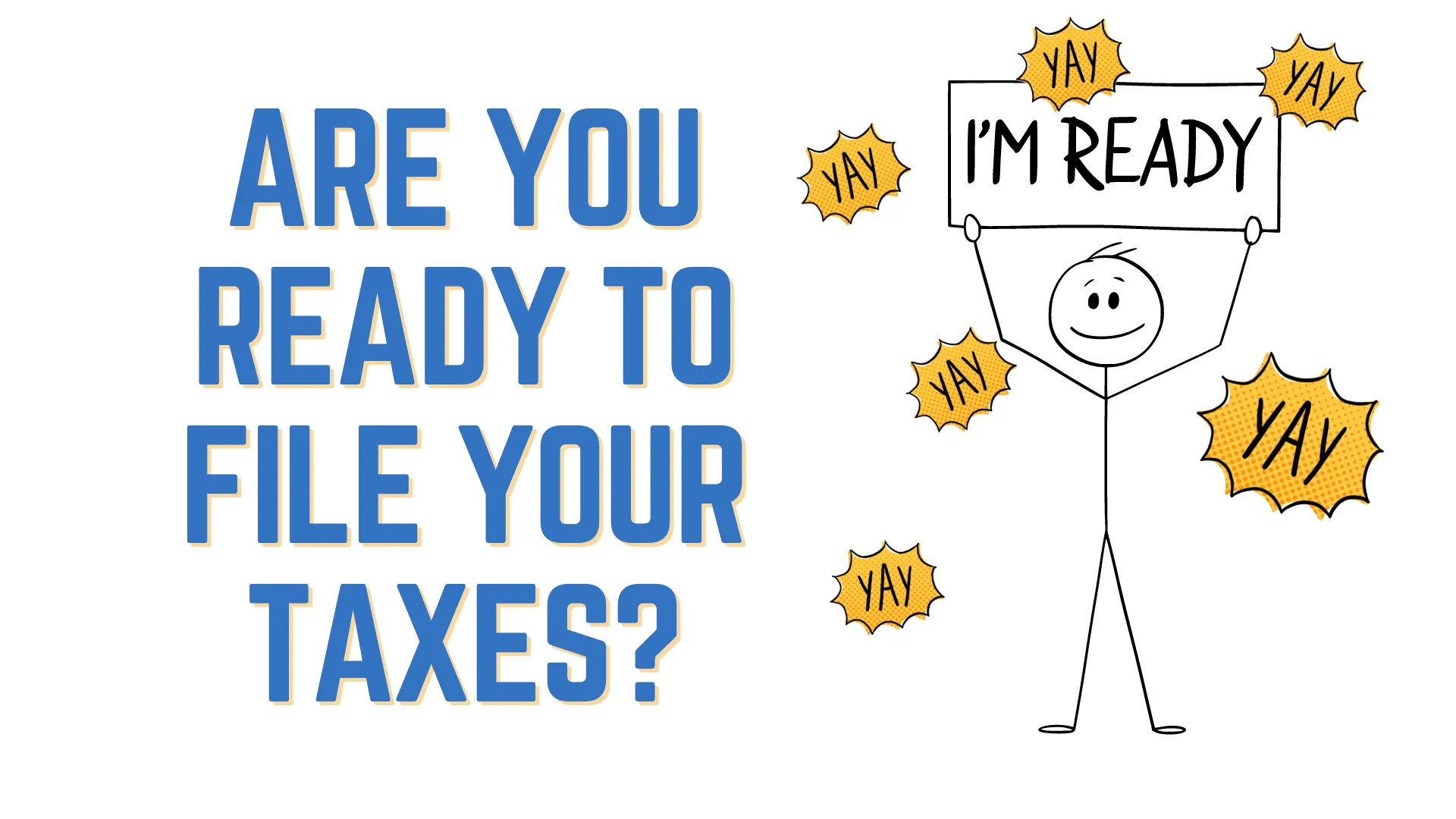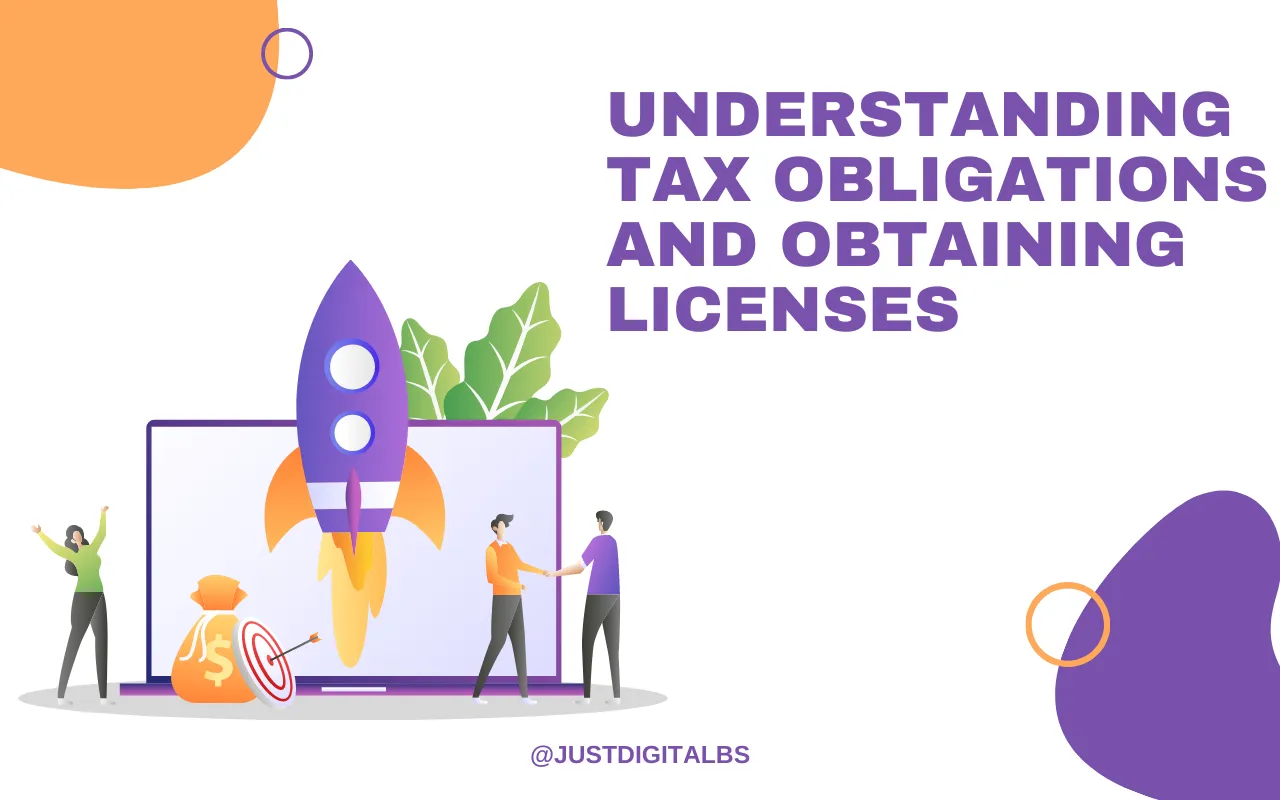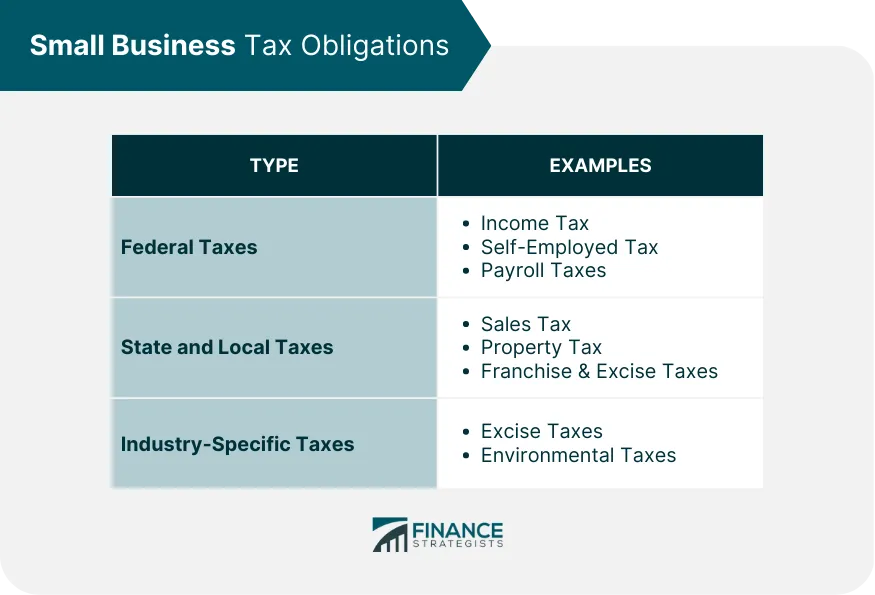Freelancing has taken the world by storm, and platforms like Fiverr provide an excellent way for creatives and service providers to connect with clients. However, as you dive into the gig economy, one question that often arises is, "Do I have to pay taxes on my Fiverr earnings?" In this blog post, we’ll break down your tax obligations and ensure you’re well-informed about the ins and outs of taxation, so you can focus on what you do best—delivering stellar services!
What is Fiverr?

Fiverr is an innovative online marketplace that empowers freelancers to offer their skills and services to clients worldwide. Founded in 2010, it has quickly grown into a popular platform—melding creativity with opportunity. So, what exactly can you find on Fiverr? Here’s a snapshot:
- Wide Range of Services: From graphic design and writing to video editing and programming, Fiverr covers numerous categories.
- Gig-Based Structure: Services, known as “gigs,” start at just $5, allowing freelancers to set their prices based on the complexity and value of their work.
- User-Friendly Interface: Both buyers and sellers can easily navigate the platform to find each other and create successful collaborations.
- Global Marketplace: Fiverr connects individuals across the globe, fostering a diverse community of freelancers and clients.
One of the appealing aspects of Fiverr is that it enables freelancers to work on their own terms, choose their projects, and control their earning potential. Additionally, clients benefit from the vast array of services available, making it a win-win situation for everyone involved.
But before you jump into this flourishing gig economy, it’s essential to understand how your earnings are treated for tax purposes. Let's delve deeper into the implication of earning money through Fiverr and what it means for your tax responsibilities.
Also Read This: How to Upload a Gig on Fiverr
3. Understanding Tax Obligations as a Seller

If you’re a seller on Fiverr, it's crucial to grasp your tax obligations to ensure you're compliant and are not caught off guard at tax time. Being self-employed means you have specific responsibilities when it comes to taxes, regardless of how big or small your earnings are.
Primarily, if you earn more than a certain threshold (often around $600 in the U.S.), you should be receiving a Form 1099 from Fiverr, which reports your earnings. However, even if you don't hit that threshold, it's a good idea to keep meticulous records of all your earnings and expenses. Let’s break this down further:
- Self-Employment Tax: As an independent contractor, you're responsible for self-employment taxes, which include Social Security and Medicare. These taxes can quickly add up to around 15.3% of your net income.
- Income Tax: In addition to self-employment tax, you must pay income taxes based on your earnings, which could vary by state and income level.
- Deductions: Note that you can deduct certain business expenses, which can reduce your taxable income. Common deductions include software subscriptions, marketing costs, and any materials used to fulfill orders.
- Quarterly Estimated Taxes: If you consistently earn a significant amount, you might want to pay estimated taxes quarterly rather than waiting until the end of the year.
In summary, being on Fiverr comes with the responsibility of managing your taxes. Staying organized will not only save you stress but can also help you maximize your deductions!
Also Read This: How to Find Jobs on Fiverr: A Comprehensive Guide
4. Tax Obligations for Buyers on Fiverr

Many buyers might not consider tax obligations when purchasing services on Fiverr, but depending on your location, you might have to know a few important details. Let’s clarify what you need to keep in mind:
One of the key aspects is sales tax. As a buyer, here's what you should know:
- Sales Tax: In some jurisdictions, digital services may be subject to sales tax. Fiverr typically adds any applicable sales tax to your order total, so check your invoice closely.
- Business Expenses: If you're using Fiverr for business purposes, you may be able to deduct the cost of services from your taxable income. This helps lower your overall tax burden.
- Record Keeping: Always keep your Fiverr invoices and receipts. Not only do they serve as proof of purchase, but they also come in handy during tax season.
- Consulting a Tax Professional: If you're spending significantly on Fiverr, consider consulting with a tax advisor. They'll provide guidance specific to your situation and local laws.
To wrap it up, while buyers may not have as direct tax responsibilities as sellers, staying informed and organized can help you make better financial decisions down the road. Knowledge is power—keep track of those expenses, and you might just benefit come tax season!
Also Read This: The Ultimate Guide to Elevating Your Business: Best Fiverr Gigs for Business Growth
Different Tax Laws by Country

When diving into the world of freelancing and online gig platforms like Fiverr, it’s crucial to understand that tax obligations vary significantly from one country to another. This means that depending on where you live, you’ll have different rules to follow regarding how your Fiverr income is taxed. Let's break it down.
Here’s a quick overview of some key regions and their general principles concerning taxes on freelance income:
- United States: In the U.S., any income earned through Fiverr is subject to federal income tax. Freelancers must report their earnings and may owe self-employment tax as well, which covers Social Security and Medicare. If you earn over $600 from a single client, they’re required to issue a Form 1099.
- United Kingdom: UK freelancers need to register as self-employed and pay Income Tax on their profits. The tax rate depends on how much you earn, but the first £12,570 of your income is tax-free due to the Personal Allowance.
- Australia: In Australia, freelancers must report all earnings on their tax return, and GST (Goods and Services Tax) comes into play if your annual earnings exceed a certain threshold.
- Canada: Canadian freelancers have to report their Fiverr income as business income, and they can deduct operational costs. Depending on the province, there may also be additional sales taxes to consider.
Regardless of your location, always check with a local tax professional or the official tax authority in your country to ensure you’re compliant with your specific obligations. Ignoring your tax responsibilities can lead to hefty fines and a lot of stress down the line!
Also Read This: How to Download MP3 from Fiverr on Mobile
Reporting Earnings from Fiverr
Now that we’ve discussed the different tax laws by country, let’s focus on how to report your earnings from Fiverr. Reporting your income accurately is essential to stay on the good side of tax authorities, and trust me, it’s much easier than it seems!
Here’s a guide on how to report your Fiverr earnings:
- Keep Accurate Records: Start off by keeping track of all your earnings. Fiverr provides you with a dashboard where you can view your revenue. Regularly download your monthly statements to maintain organized records.
- Understand Your Reporting Period: Most countries require freelancers to report their income on an annual basis. So, be mindful of the tax year in your country and ensure you’re reporting correctly.
- Deductible Expenses: Don’t forget about the expenses incurred while working. Expenses like software subscriptions, internet fees, and even a portion of your home office can often be deducted from your taxable income. This can lower your overall tax bill!
- Consult a Tax Professional: If you feel overwhelmed, consider consulting with a tax professional who understands freelance income. They can guide you through the reporting process and make sure you’re compliant.
Moreover, when it comes to reporting your Fiverr earnings, honesty is key. Failing to report or inaccurately reporting your income can lead to serious legal trouble, and nobody wants that!
Also Read This: How to Withdraw Funds from Fiverr
7. How to Handle Taxes on Fiverr Income
When it comes to earning money on Fiverr, understanding how to handle your taxes is crucial. First off, let’s clarify that income earned on Fiverr is still considered taxable. Here's how you can manage your tax obligations effectively:
- Track Your Earnings: Keep a detailed record of all your earnings from Fiverr. Fiverr provides a dashboard where you can view your earnings, preferably take screenshots or export those records regularly to stay organized.
- Understand Deductions: You might be eligible for certain deductions like expenses for software, marketing, or any tools you use to fulfil your gigs. Keep receipts and records of these expenses, as they'll help reduce your taxable income.
- Choose Your Tax Structure: Depending on the amount you earn, determine whether you should file as a sole proprietor, LLC, or another structure. This can have implications for your tax rates and liability.
- Set Aside Funds: A good rule of thumb is to set aside around 25-30% of your earnings for taxes. This way, you won’t be caught off guard when tax season rolls around.
- Consult a Tax Professional: The world of taxes can be tricky. If you're unsure about your obligations or which deductions you can claim, consider consulting with a tax professional to navigate your specific situation.
By following these guidelines, you can handle your Fiverr income responsibly and avoid potential tax issues down the line.
Also Read This: How to Download Your Fiverr Video
8. Common Misconceptions About Fiverr and Taxes
When it comes to taxes and freelancing on Fiverr, misinformation can lead to serious consequences. Let’s clear up some common misconceptions:
- “Fiverr payments are tax-free if I don't exceed a certain amount.” This is false. Regardless of how much you earn, any income from Fiverr is considered taxable by the IRS or your local tax authority.
- “I don't need to report income if I get paid through PayPal.” Again, this is misleading. Even if you receive your funds through PayPal or any other payment platform, you're still legally required to report it as income.
- “Gig platforms like Fiverr handle taxes for me.” Unfortunately, this is a myth. While Fiverr may provide you with a statement of your earnings, the responsibility for reporting and paying taxes is entirely yours.
- “I can take any expense as a tax deduction.” Not quite! Only ordinary and necessary business expenses that directly relate to your freelancing work can be deducted. Be sure to keep accurate records and consult guidelines or a professional for clarity.
- “As a freelancer, I don’t need to worry about self-employment tax.” This is also incorrect. As a freelancer, you typically have to pay self-employment taxes, which can significantly affect your overall tax obligation.
Understanding these misconceptions can help you navigate your Fiverr income and avoid running afoul of tax regulations. Always stay informed and diligent about your tax responsibilities!
Is There Taxes on Fiverr? Understanding Your Tax Obligations
Freelancing on platforms like Fiverr has gained immense popularity, yet many users are uncertain about their tax obligations. Understanding the tax implications is crucial for maintaining compliance and avoiding potential penalties. Here’s what you need to know:
1. Fiverr’s Income Structure
Fiverr allows freelancers to offer services, known as "gigs," to clients globally. When you earn income through Fiverr, it is considered self-employment income. This means you are responsible for reporting and paying taxes on your earnings.
2. Understanding Your Tax Responsibilities
- Income Tax: Depending on your country’s tax laws, you may need to pay income tax on your Fiverr earnings. In the U.S., for example, the Internal Revenue Service (IRS) requires freelancers to report all income received.
- Self-Employment Tax: In addition to income tax, you may also be liable for self-employment tax, which covers Social Security and Medicare.
- Sales Tax/VAT: Depending on your location and the nature of your services, you may also need to collect and remit sales tax or Value Added Tax (VAT).
3. Reporting Your Earnings
To report your Fiverr income, maintain accurate records of all transactions, including:
- Total earnings from Fiverr
- Expenses incurred while freelancing
Typically, Fiverr sends a tax form (e.g., 1099-K in the U.S.) if you exceed certain thresholds, which can help simplify reporting.
4. Consulting a Tax Professional
Tax laws can be complex and vary by region, so consider consulting a tax professional to ensure you understand your full tax obligations and optimize your tax strategy.
In conclusion, earning money on Fiverr comes with specific tax responsibilities that freelancers must vigilantly manage to stay compliant and maximize their earnings. Understanding your obligations and keeping detailed records will enable you to navigate the tax landscape effectively.



